For many years, Cyprus has remained an attractive destination not only for tourism but also for permanent residence. Thanks to its mild Mediterranean climate, high level of safety, EU membership, and beautiful landscapes, the island draws in investors and expats like a magnet. However, any relocation is not only the result of careful decisions but also a certain risk — a kind of adventure — since not everything can be predicted in advance. In this article, we will examine both the obvious and more subtle pros and cons of living on the island.
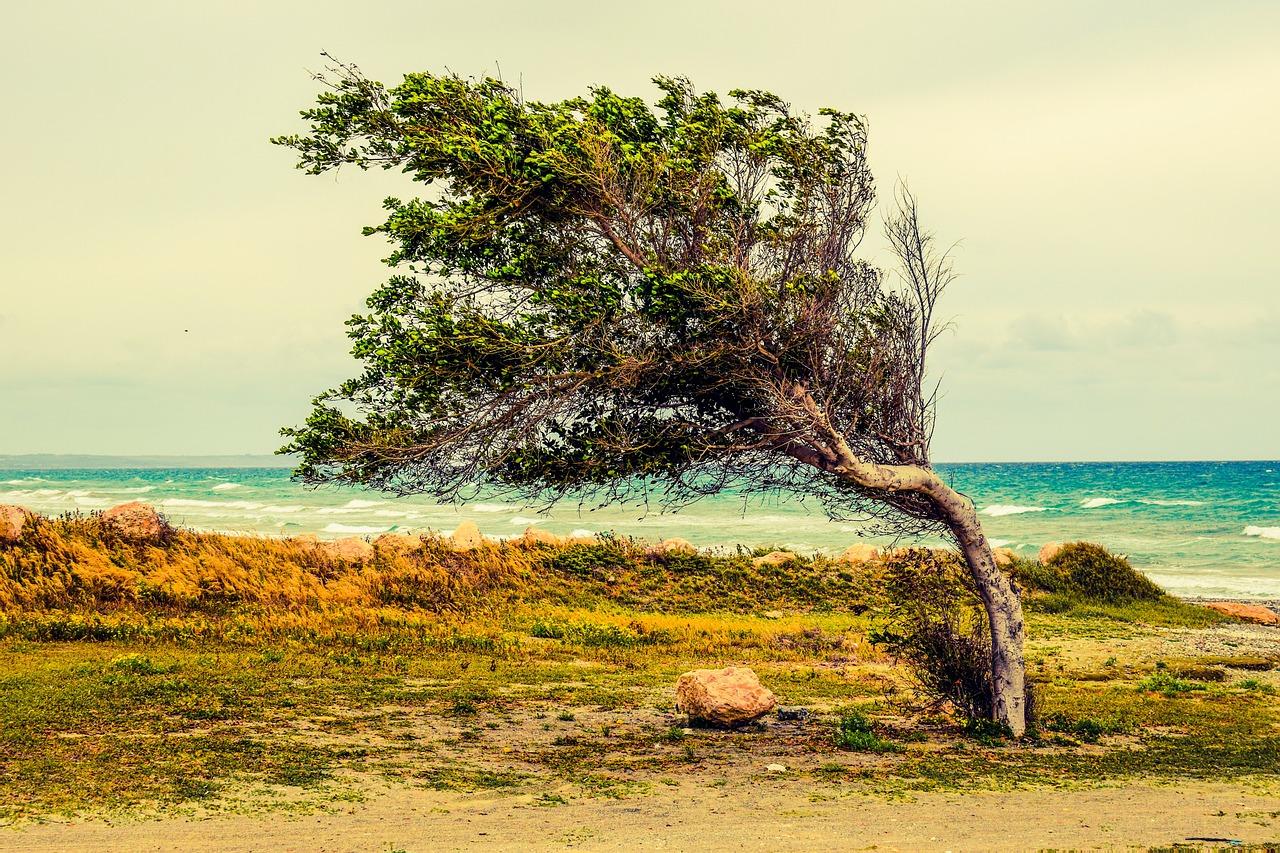
Climate
The island is famous for its mild Mediterranean climate. This is especially noticeable in the coastal cities, where summer temperatures range from 30–37°C, and in winter, they rarely drop below 15–18°C. In the central part of the island, around Nicosia, winters are colder, especially in the mountainous regions, and summers are hotter.
Cyprus enjoys around 300–340 sunny days a year. Inclement weather, such as heavy rain or strong winds, is very rare, occurring only a few days each year. During the summer months—from May to September—rain is almost nonexistent, and the weather is consistently sunny and dry. This consistency will appeal to those who love sunshine and warm weather. However, those who appreciate the charm of all four seasons may find themselves missing a romantic autumn mood or a vivid spring.
In recent years, dust storms have become more frequent in Cyprus. This is due to the island’s proximity to Africa and the Middle East. Air masses from the Sahara Desert, as well as from Syria, Libya, and Saudi Arabia, bring dust, sand, and other microparticles to Cyprus, which can negatively affect health. People with cardiovascular or respiratory issues, as well as allergy sufferers, should be cautious and stay indoors during such events. Dust storms can last from a few hours to several days. These usually occur in spring (March to May) and autumn (September to November), though climate change has led to their appearance in summer and winter as well.

Limited Resources
Due to its island geography, Cyprus regularly faces water shortages. This issue has worsened recently due to climate change and prolonged droughts. Currently, water levels in reservoirs are historically low. In the past, the island has even introduced water usage restrictions and scheduled shut-offs in some areas. For now, the situation remains under control, largely thanks to modern technologies such as desalination plants. Still, only time will tell how the situation will evolve.
Additionally, Cyprus recorded the highest electricity rates in Europe over the past year. This is primarily because the island still heavily relies on imported fuel for power generation, with renewable energy sources playing a smaller role. As a result, the best and most economical housing options in Cyprus are those equipped with solar panels, eco-friendly designs, and smart home technologies.
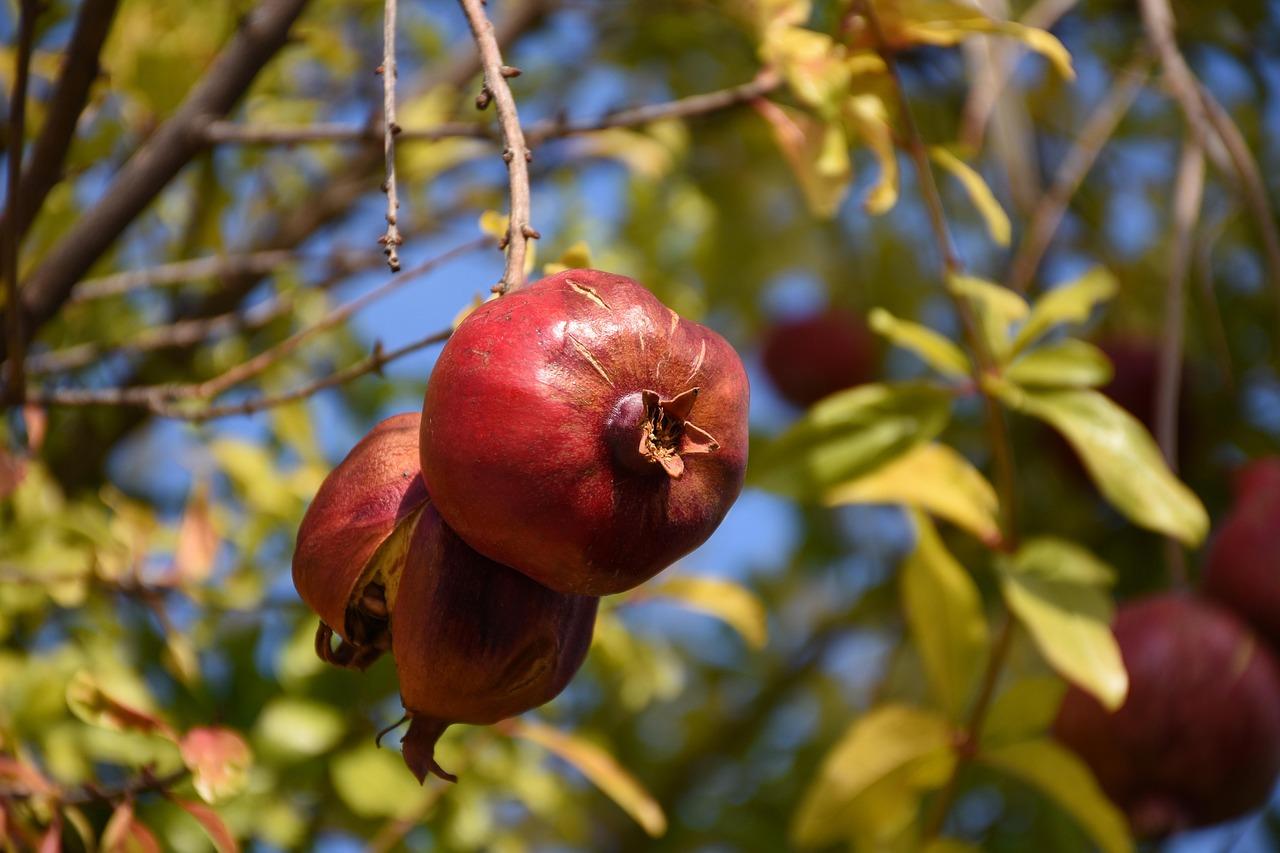
Food and Produce
One of the many advantages of living on the island is the abundance of fresh fruits and vegetables all year round. In addition to the common oranges and lemons found everywhere, Cyprus produces delicious avocados, mangoes, bananas, and pineapples. The island’s climate also supports other exotic fruits like papaya and passionfruit. Larnaca is famous for its strawberries, while cherries, plums, and apples are grown in the mountainous areas. On Cyprus, you can pick ripe figs straight from the tree, enjoy pomegranate blossoms, and watch olives ripen.
Among the vegetables, look out for seasonal okra, artichokes, and asparagus. Cyprus is known for its potatoes, which are in high demand across Europe and the UK. Many types of legumes are also grown here. Despite being surrounded by the Mediterranean Sea, locals tend to favor meat over fish in their diets. Fresh seafood can be expensive, but the island offers local trout, high-quality olive oil, abundant greens, and delicious cheese. Don’t miss out on trying halloumi cheese — a source of national pride and a patented Cypriot product. All these factors make it easy to follow the famous Mediterranean diet on Cyprus.
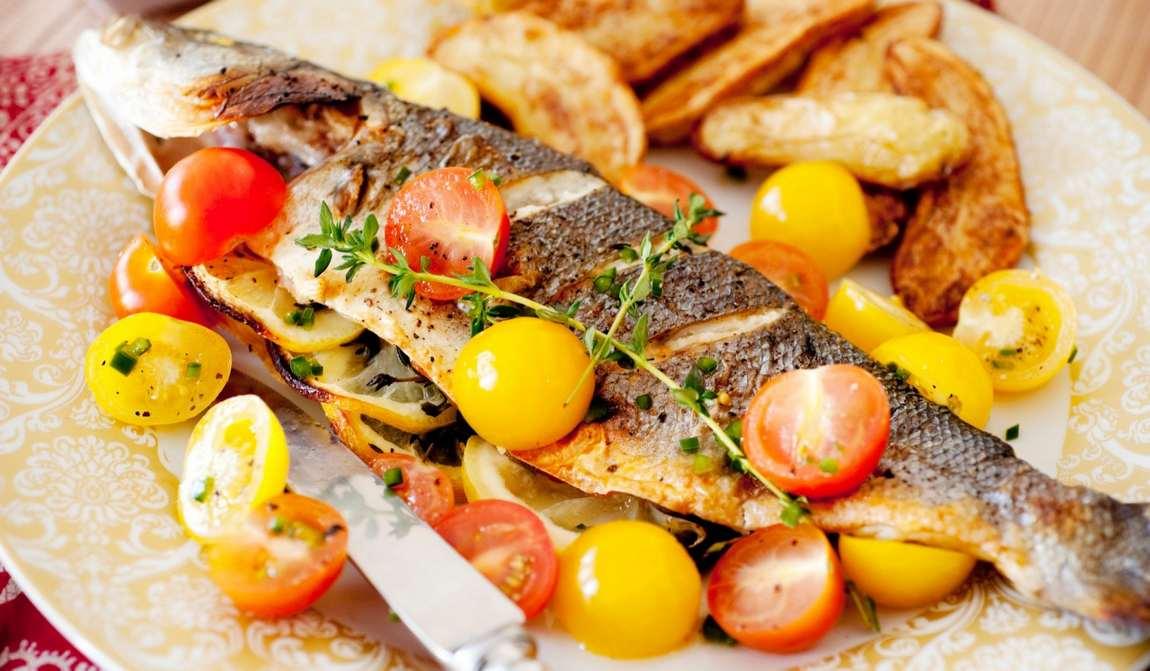
Island Geography
At first glance, the island's features seem like pure advantages: beautiful beaches, endless sea views, and a warm climate. However, it's important to note that air travel is the only consistent way to connect Cyprus with other countries. While there is a seasonal ferry to Athens and a planned route to Lebanon, this is far from a full alternative to flights. During the COVID-19 pandemic, when air travel was suspended, Cyprus was truly isolated from the rest of the world.

EU Member
Cyprus has been a member of the European Union since 2004 and plans to join the Schengen Area in 2026. A clear benefit for those seeking residency or permanent residency (PR) on the island is the opportunity to obtain Cypriot citizenship, which grants freedom of movement, as well as the ability to live, study, and work throughout the EU. The upcoming Schengen accession will make the country even more attractive and open new opportunities.
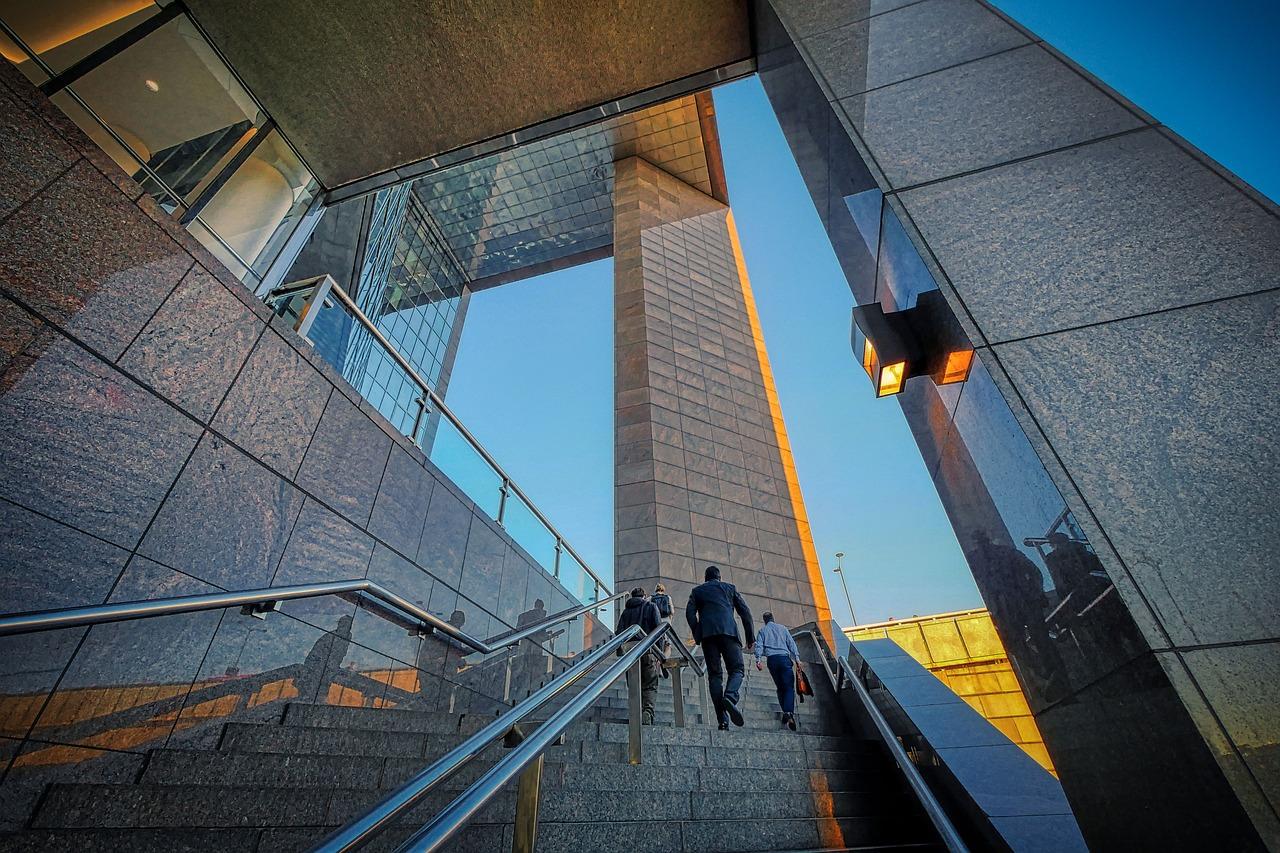
Business and Career Opportunities
Industries such as fintech, IT, gaming, and cryptocurrency are rapidly growing on the island. Professionals in these fields should have no trouble finding their place in Cyprus. However, for specialists in other areas or mid-level workers, building a career here can be more challenging. Many other sectors are not as developed and are primarily filled by locals. Exceptions include niche fields like medicine or academia, but working in these areas often requires proof of qualifications and knowledge of the Greek language.
Currently, Cyprus offers favorable conditions for startups, but in more traditional industries, starting a business often comes with bureaucratic hurdles.
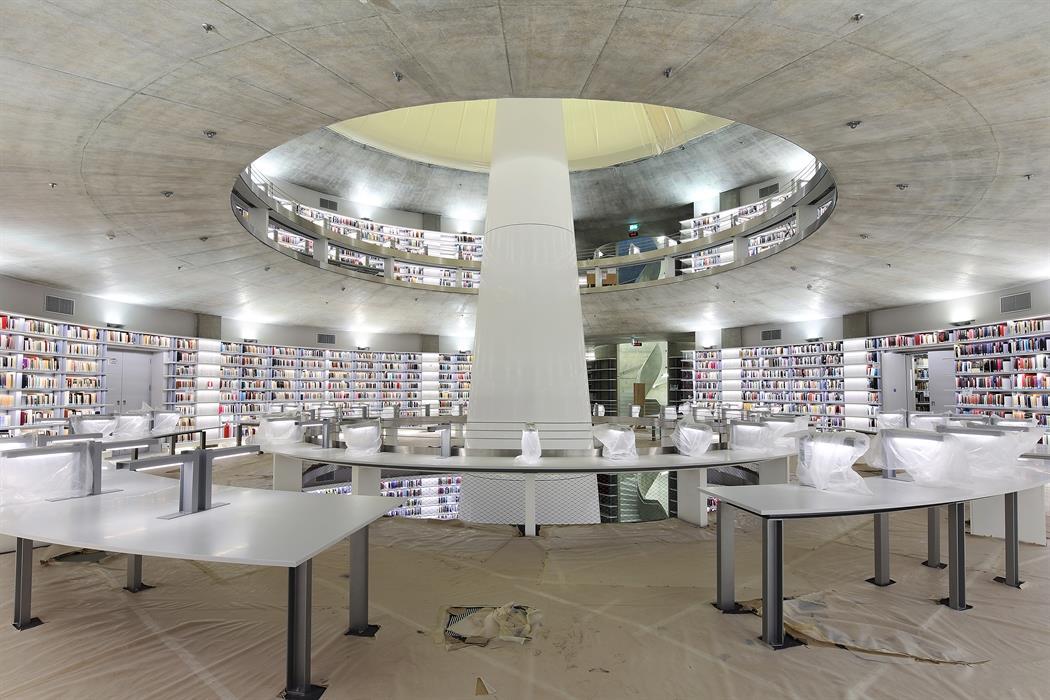
Education
Until quite recently, higher education in Cyprus was considered lacking, and even local residents preferred to send their children to study abroad, most often to British universities. However, the situation has changed significantly. Many local universities have reached international standards and become popular not only among Cypriot students but also foreign ones. Institutions like the University of Cyprus (UCY) in Nicosia, Cyprus University of Technology (CUT) in Limassol, and Neapolis University in Paphos now offer high standards of education with top local and international faculty, modern campuses, libraries, and state-of-the-art laboratories. The library of the University of Cyprus, designed by Jean Nouvel's bureau, is also an innovative architectural project that combines contemporary art with eco-design.
There is a wide range of private and public schools in Cyprus, where your children can learn not only English but also Greek.

Local Mentality
Although Cyprus is part of the European Union, its geographical proximity to Africa and the Middle East, along with its historical ties to these regions, means the local mentality is more Eastern than Western. Centuries-old traditions are valued more than modern trends, personal connections are key, and life follows a slow, unhurried pace known as siga-siga ("slowly-slowly").
While locals generally have a positive attitude toward foreigners and expats, they rarely allow them into their close inner circles. As a result, various expat "communities" have formed on the island, largely living their own lives, occasionally interacting with each other and locals. This is often seen as a positive thing, creating strong bonds and networking opportunities within these communities. Limassol and Paphos are traditionally the most popular cities for expats.

Cultural Life
Compared to Cyprus in 2015 or even 2020, today the cultural scene is thriving—especially in Limassol and Nicosia. The capital hosts the majority of major exhibitions, theater performances, lectures, seminars, and film festivals. Limassol regularly holds music concerts (both classical and contemporary), performances, and art shows. In other cities, the cultural life is not as rich and usually consists of small private exhibitions by local artists and occasional concerts.

Shopping
Nicosia is considered the unofficial shopping capital of Cyprus. Here, you'll find a wide selection of both well-known and niche brands. In other cities, the selection is more limited, typically confined to malls and chain stores.
Sometimes, certain products or favorite brands aren't available on the island—not just in fashion, but across various categories. Of course, you can always order them online. However, keep in mind that items in the "luxury segment" (like perfumes) ordered from outside the EU may be subject to additional taxes.

Pros and Cons of Island Life
Life on an island offers harmony with nature, safety, and a high-quality daily life. However, it’s not for everyone. If you value an urban pace, a rich cultural environment, and dislike the heat, island life may require some adjustment. For those seeking peace, a comfortable climate, and favorable conditions for living and business, Cyprus offers all of this—and more.
Main Advantages:
- Safety
- Warm climate
- Beautiful and diverse nature
- High-quality products, fresh fruits and vegetables year-round
- Quiet and relaxed lifestyle
- Favorable tax system
- Excellent work-life balance
Main Disadvantages:
- The climate may not suit sensitive individuals or those with allergies
- Cultural/mentality differences
- More “provincial” atmosphere compared to other countries
- High electricity costs
- Bureaucracy (in some matters)

Who Cyprus Is Suitable For
Thanks to its safety and relaxed pace of life, Cyprus is an excellent choice for families with children. It’s a better fit for established individuals with savings and a financial safety net than for those looking to start from scratch or just beginning their careers. The island can be an ideal destination for investors, startup founders, or digital nomads. Of course, there are great opportunities for in-demand professionals in IT and fintech. Cyprus, with its unique landscape and special sunlight, also attracts creative individuals—artists like Terry Frost and David Bomberg, as well as French symbolist poet Arthur Rimbaud, once lived and worked here.
Read also:

